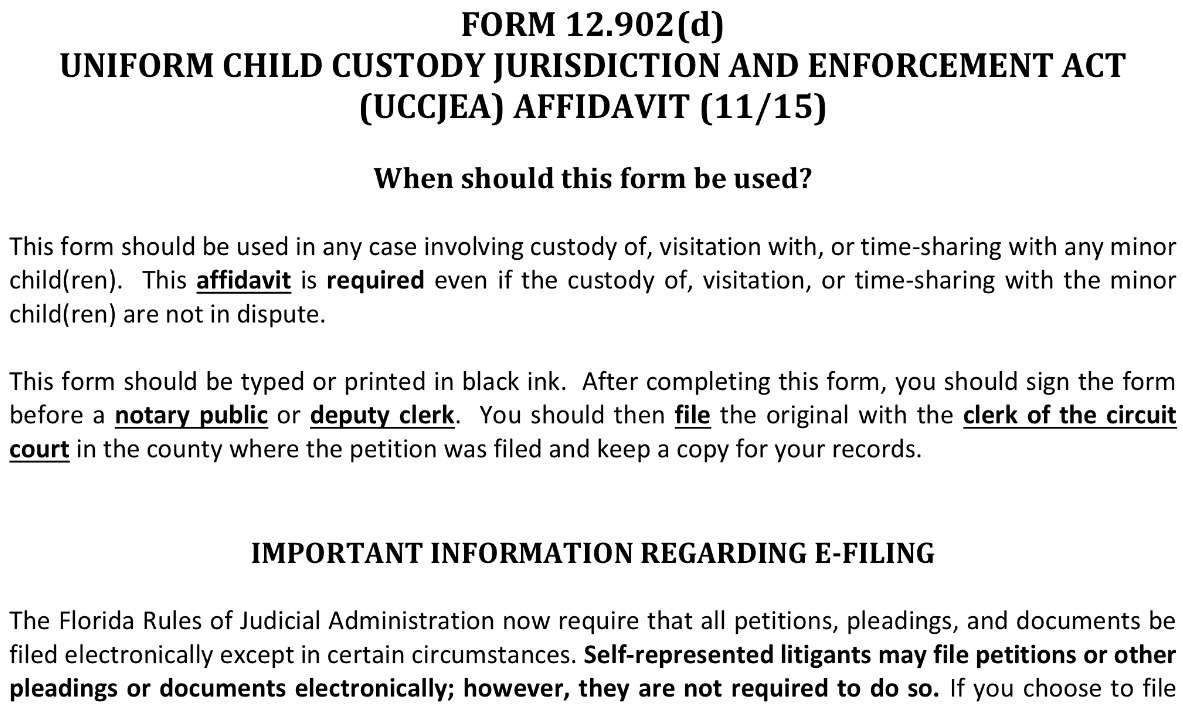Vegas, Baby! IACP Forum Early Bird Pricing Ends 8/17
For any collaborative professional looking to expense a trip to Vegas, look no further than the International Academy of Collaborative Professionals (“IACP”) Networking and Educational Forum, taking place October 27-30, 2016, in Lake Las Vegas, Nevada. And early bird pricing ends August 17, 2016, so you should sign up right away!

The theme is “Welcome to the Future,” and 600 collaborative professionals from 27 countries are expected to attend. There will be 8 in-demand Pre-Forum Institutes led by premier educators in the Collaborative community (including Pauline Tesler and Ron Ousky) as well as 30 intensive and intriguing workshops including 10 three-hour courses.






